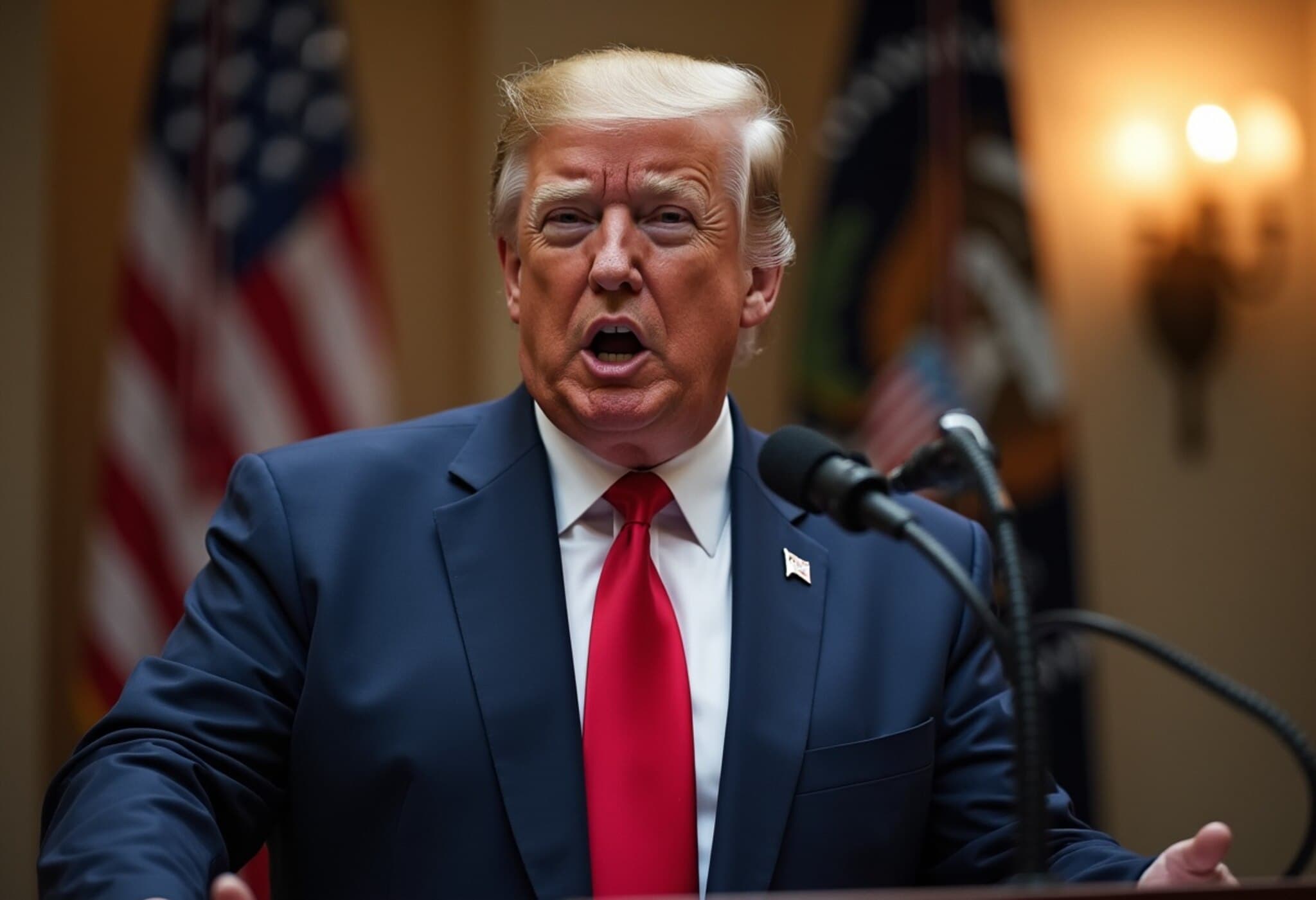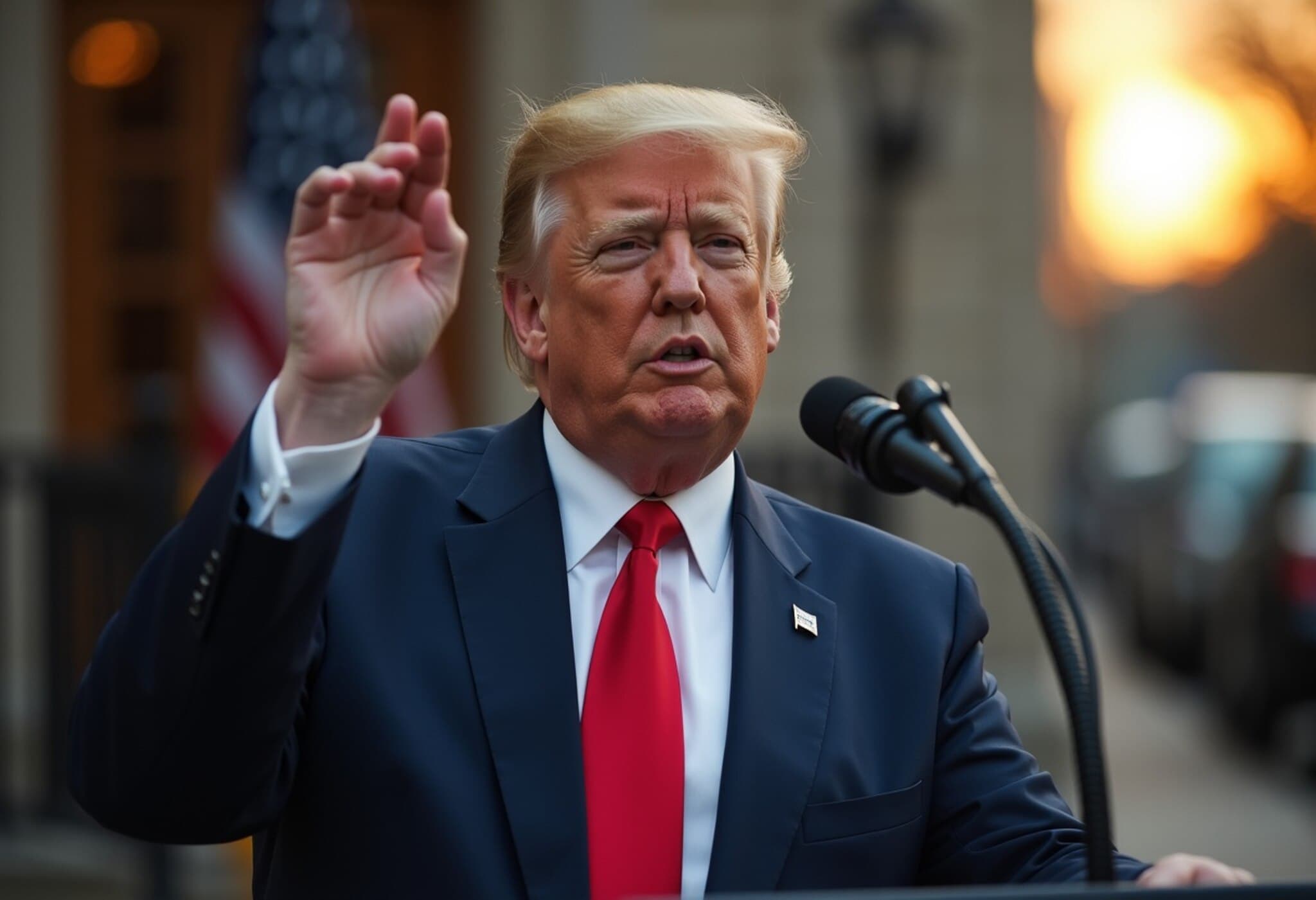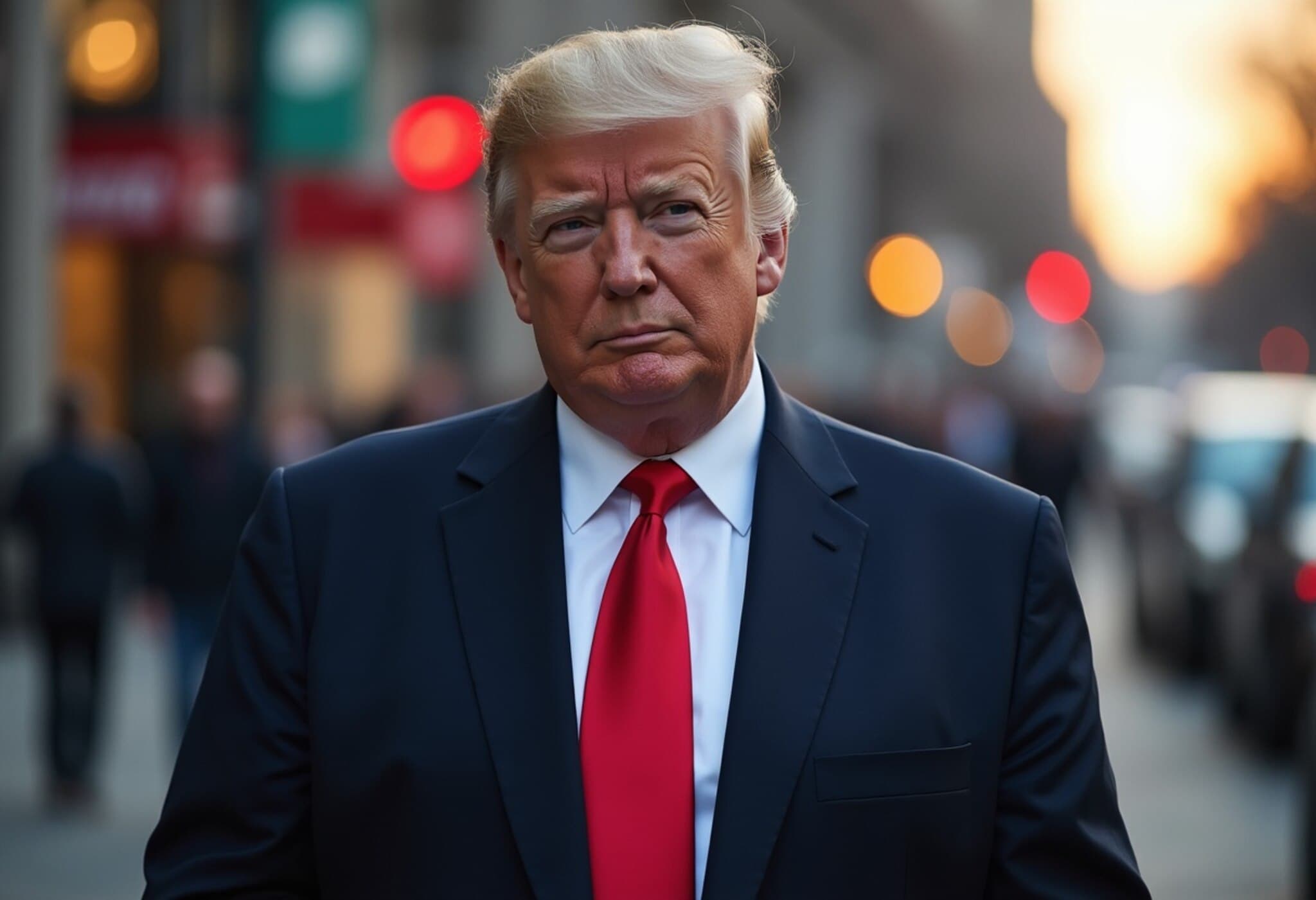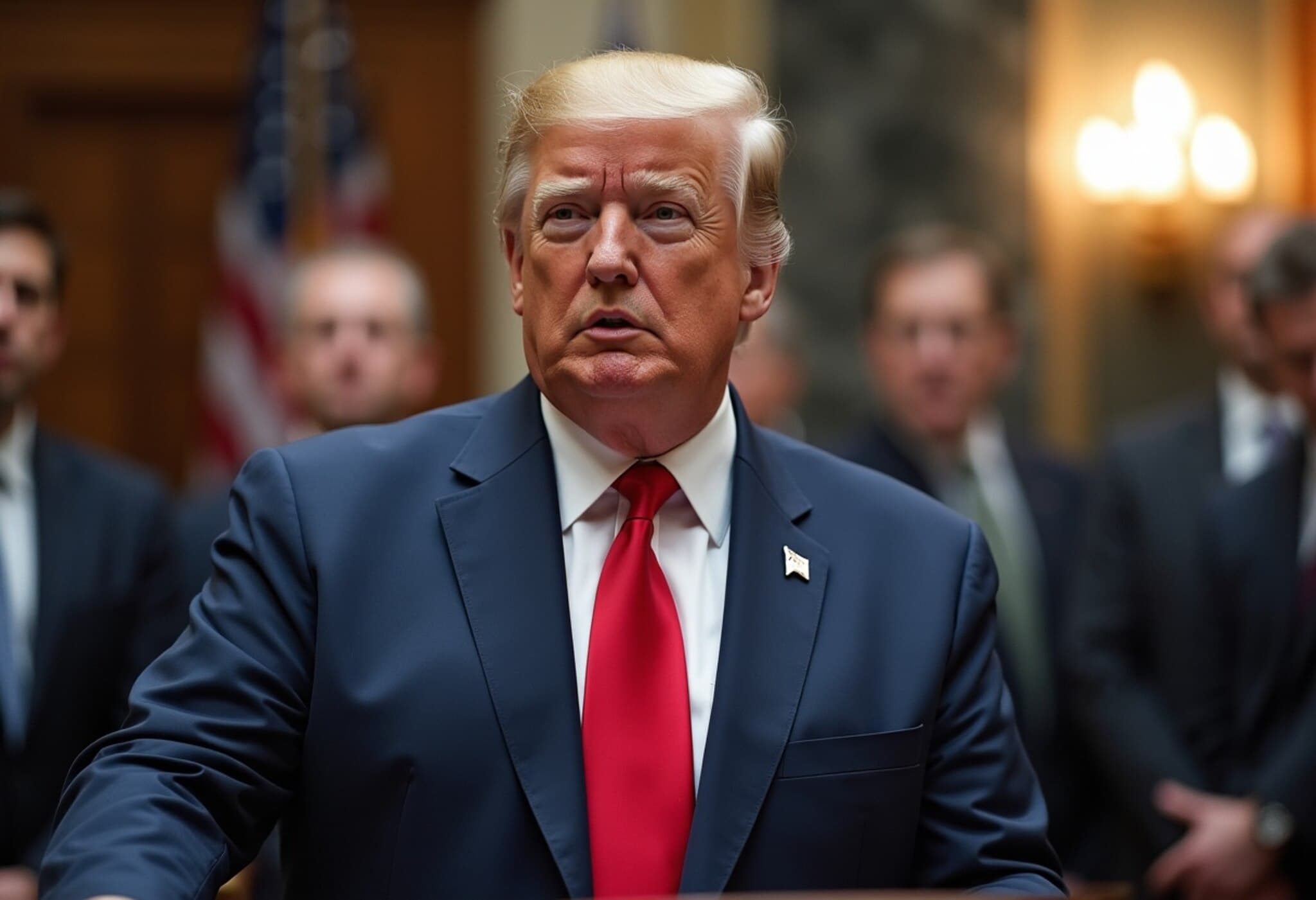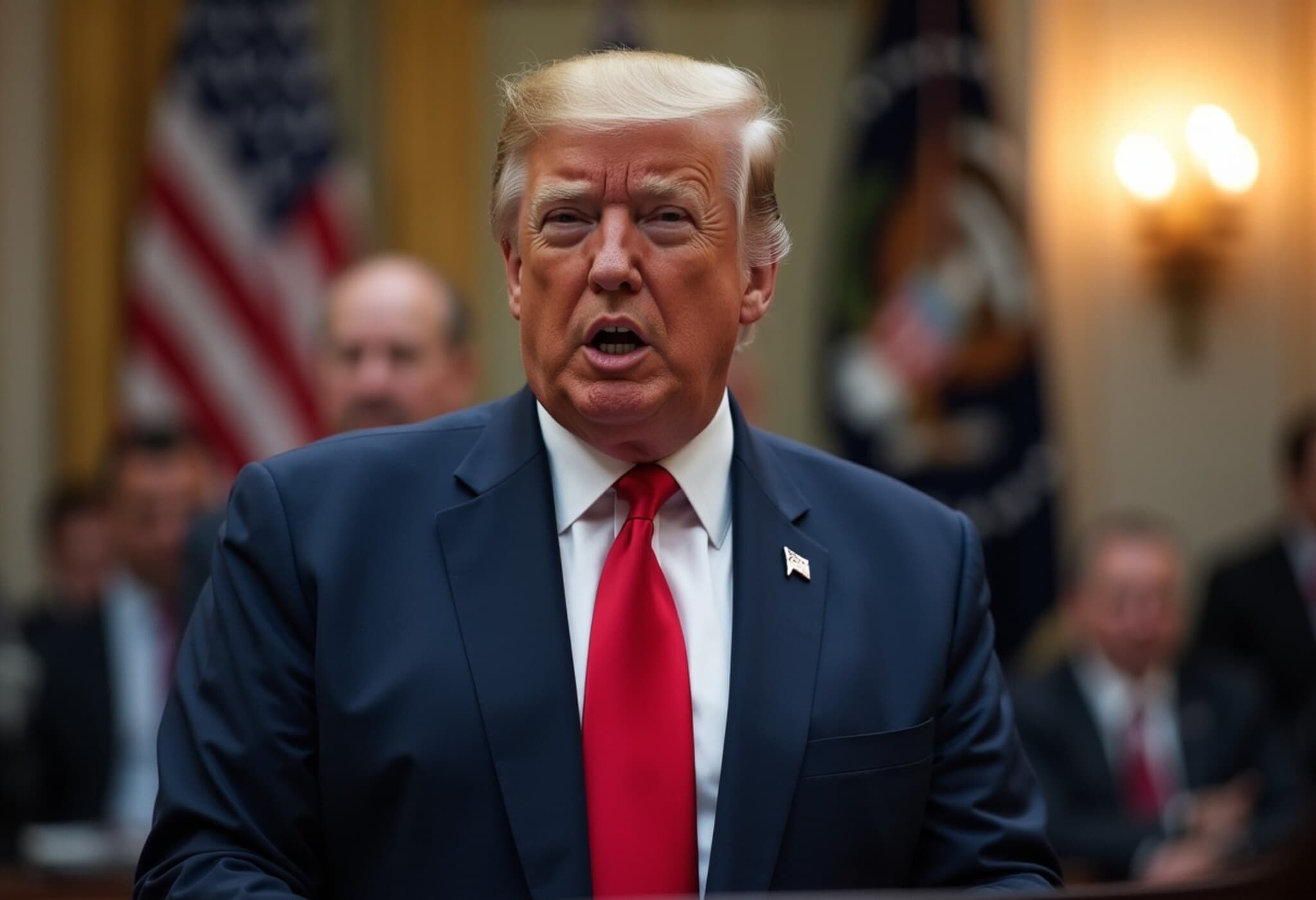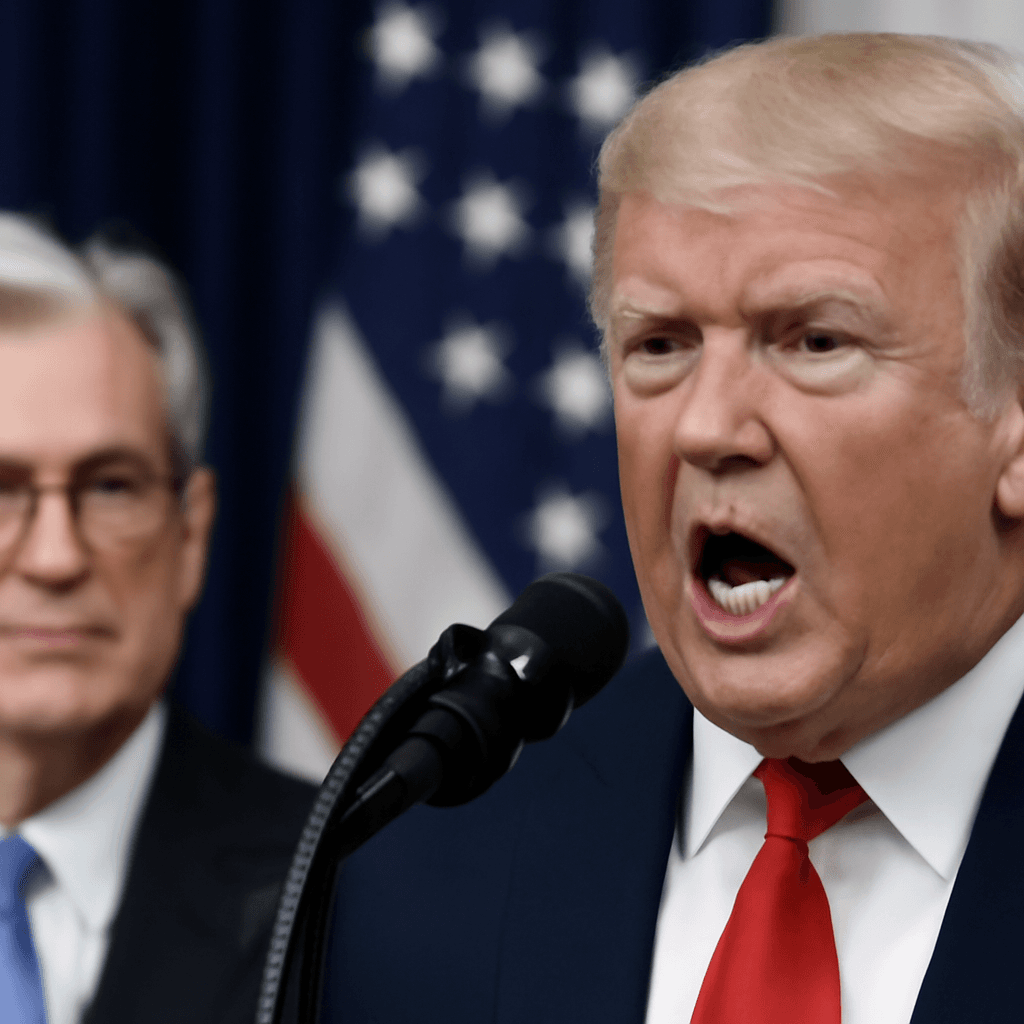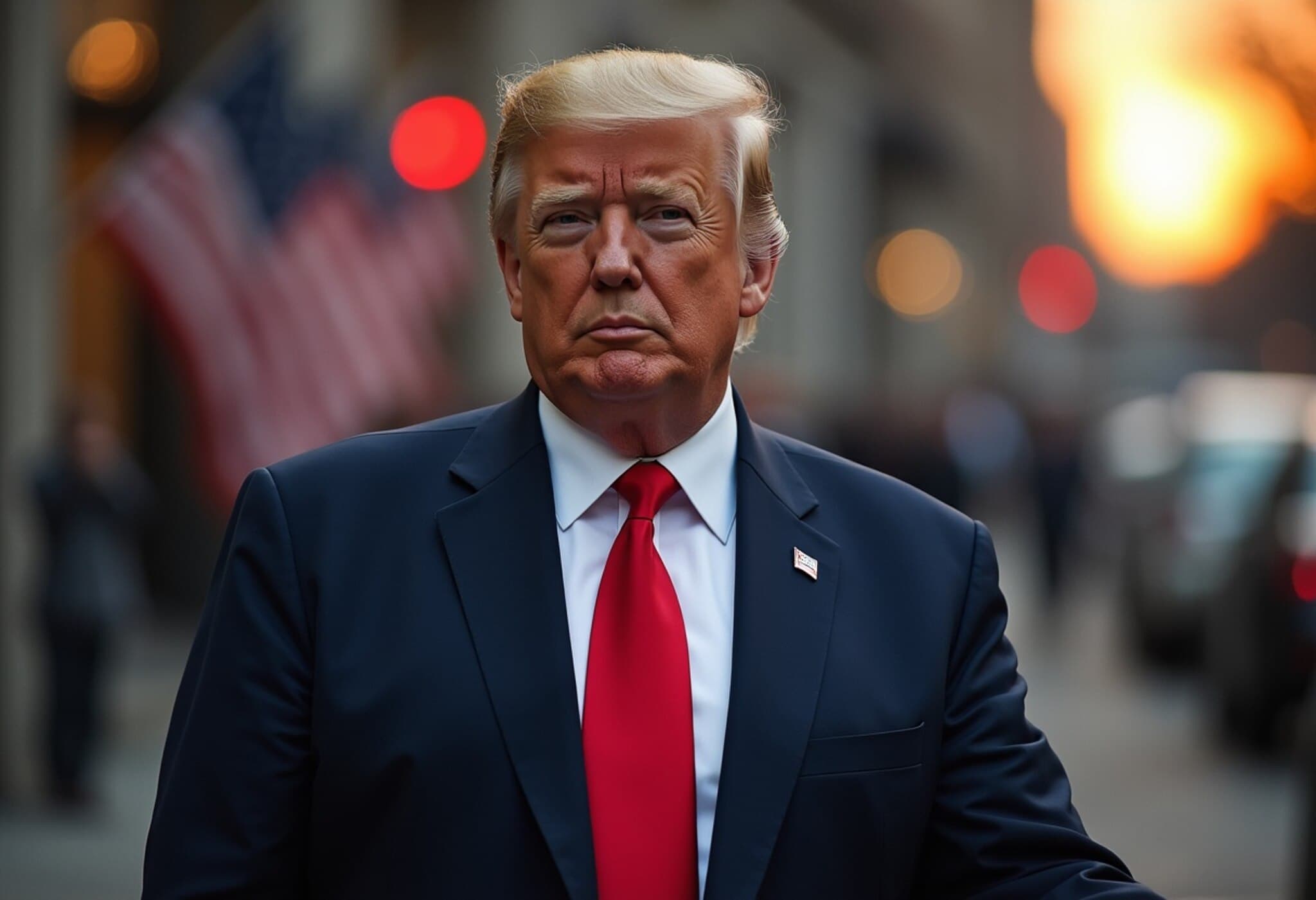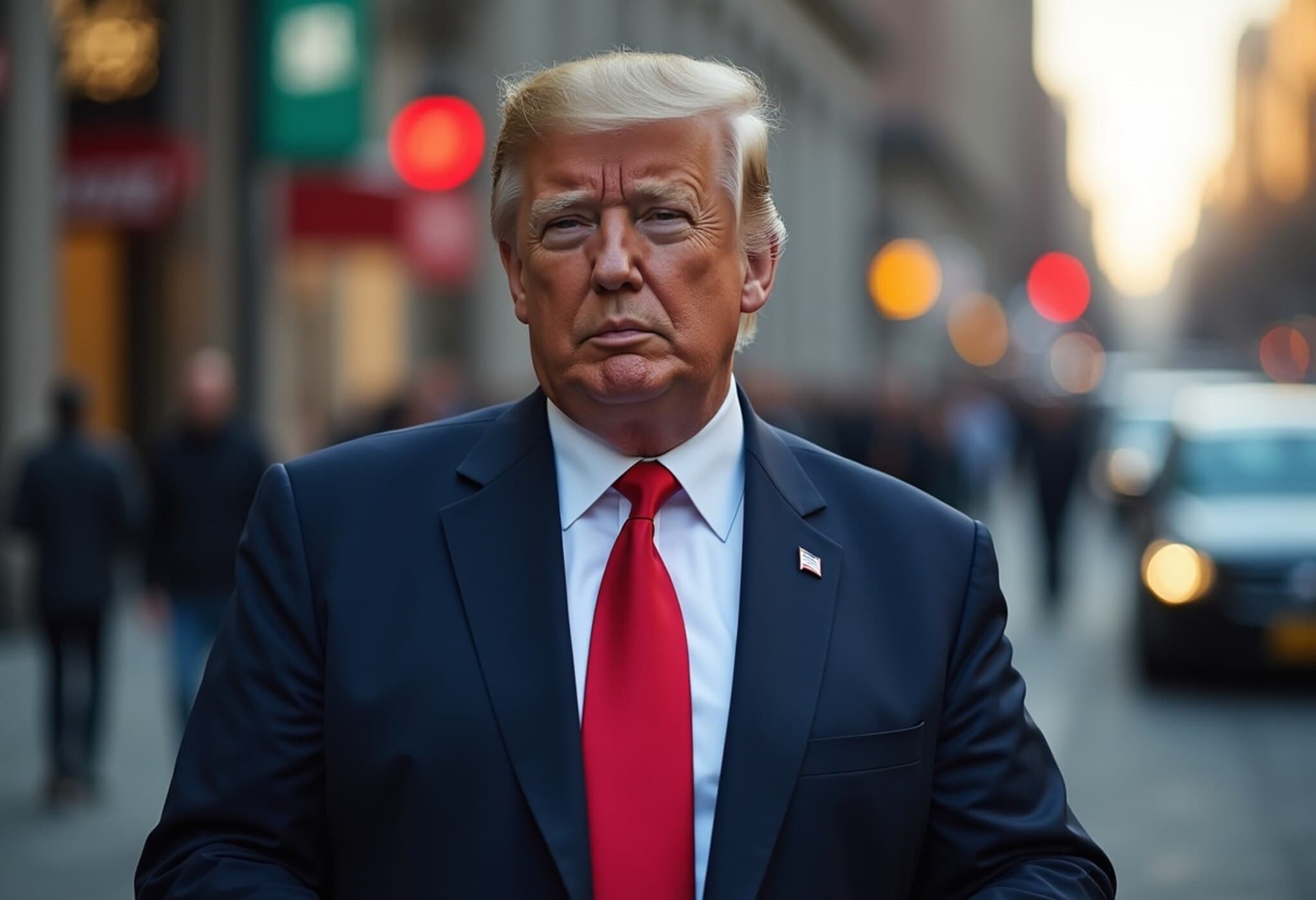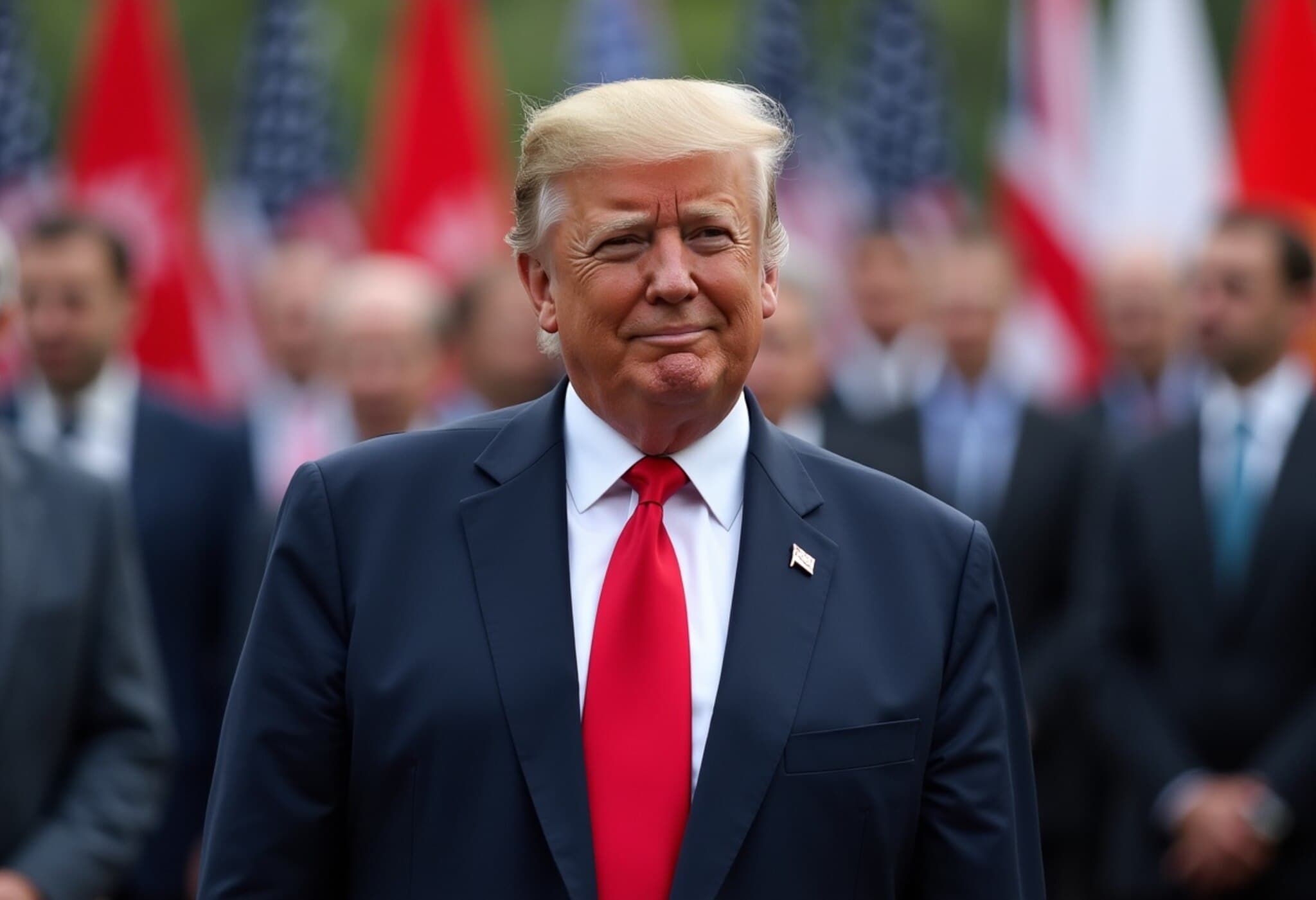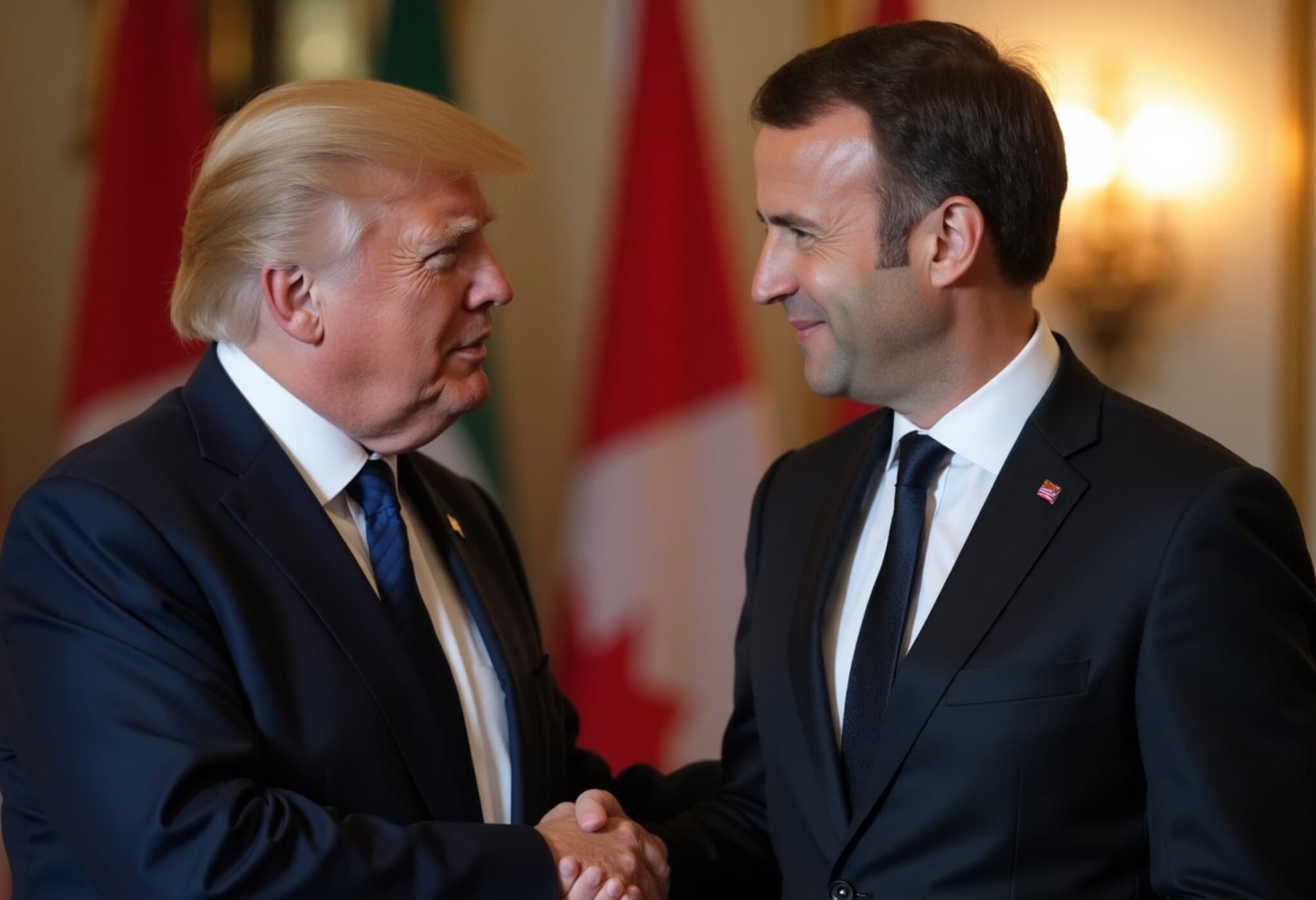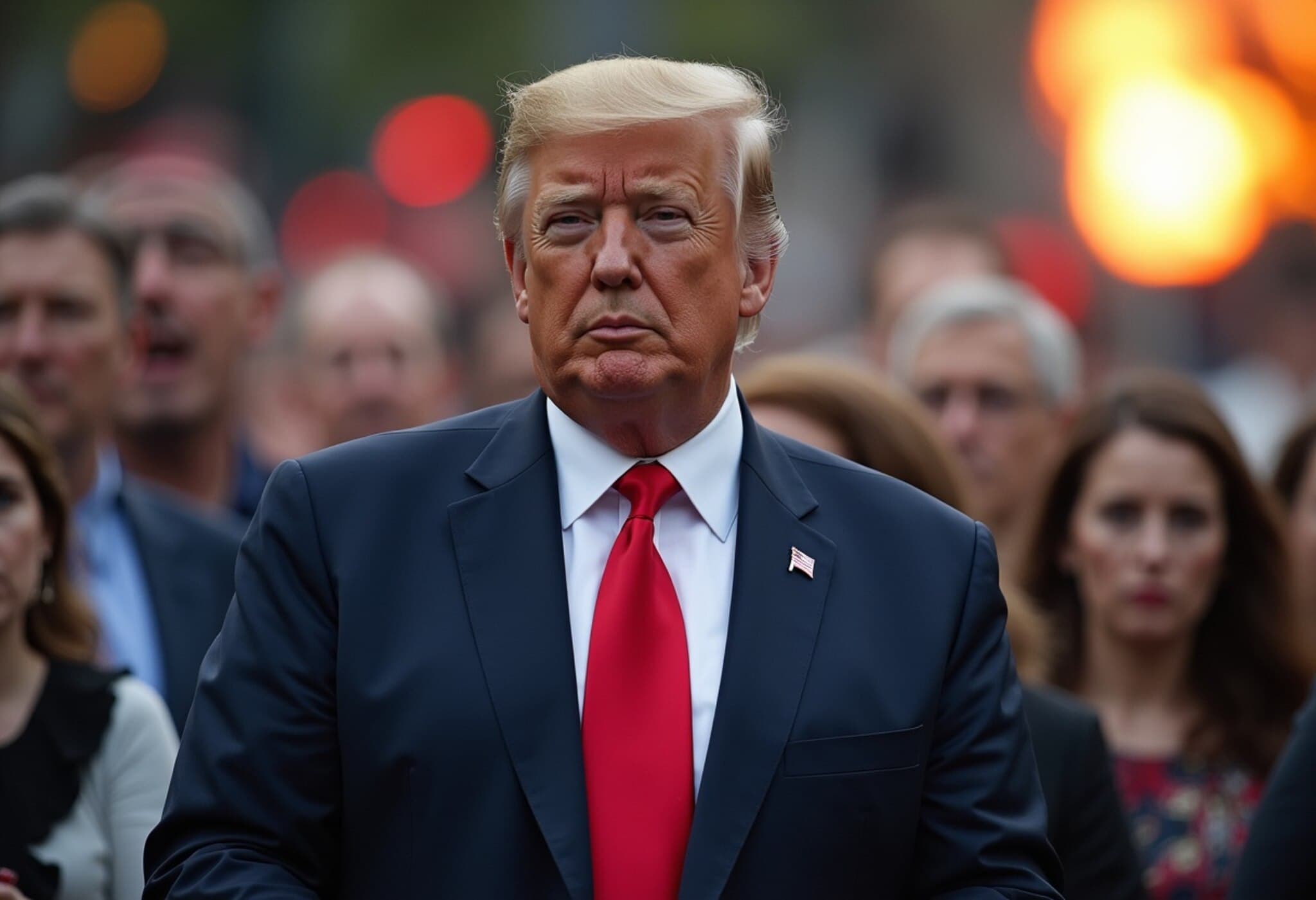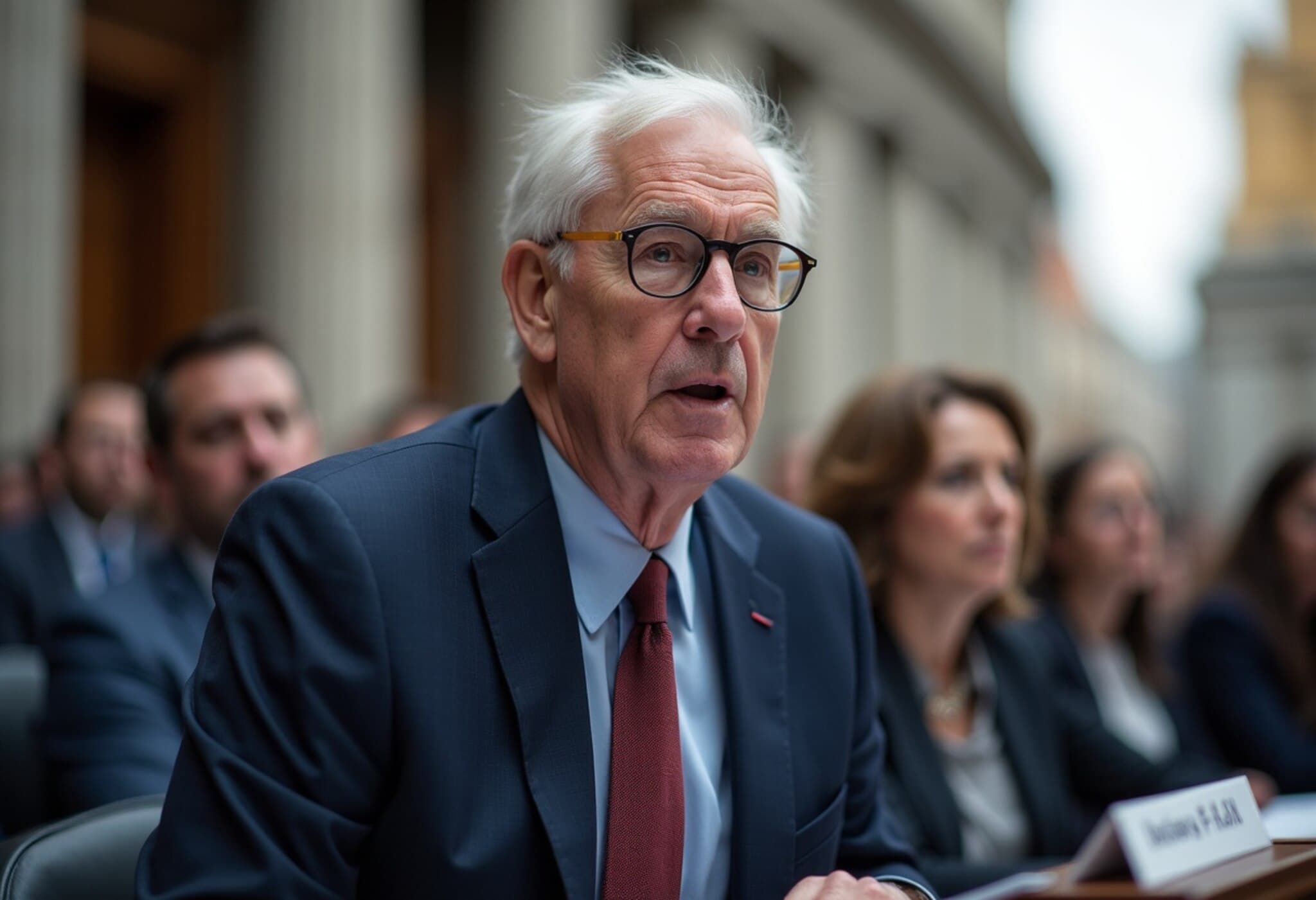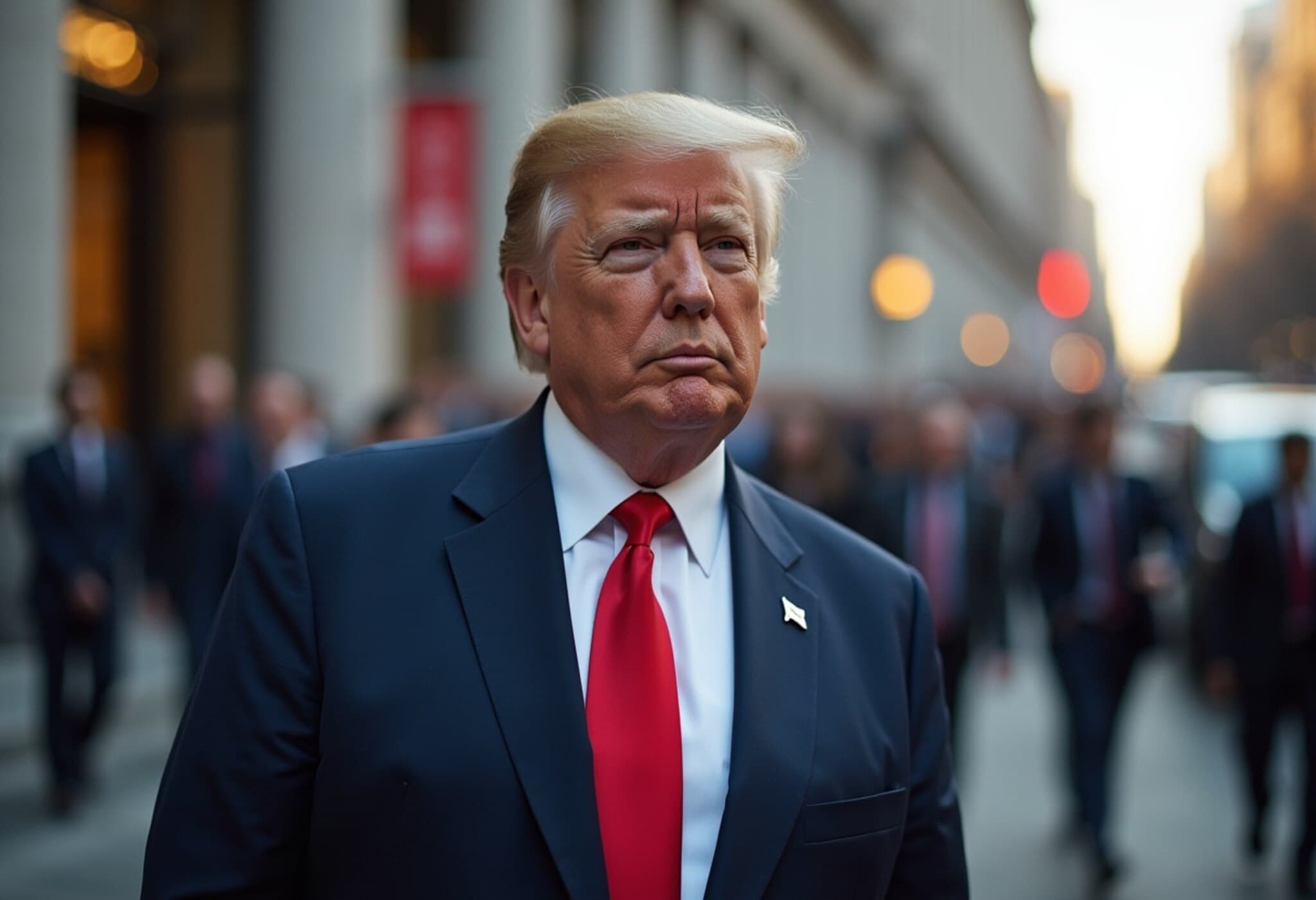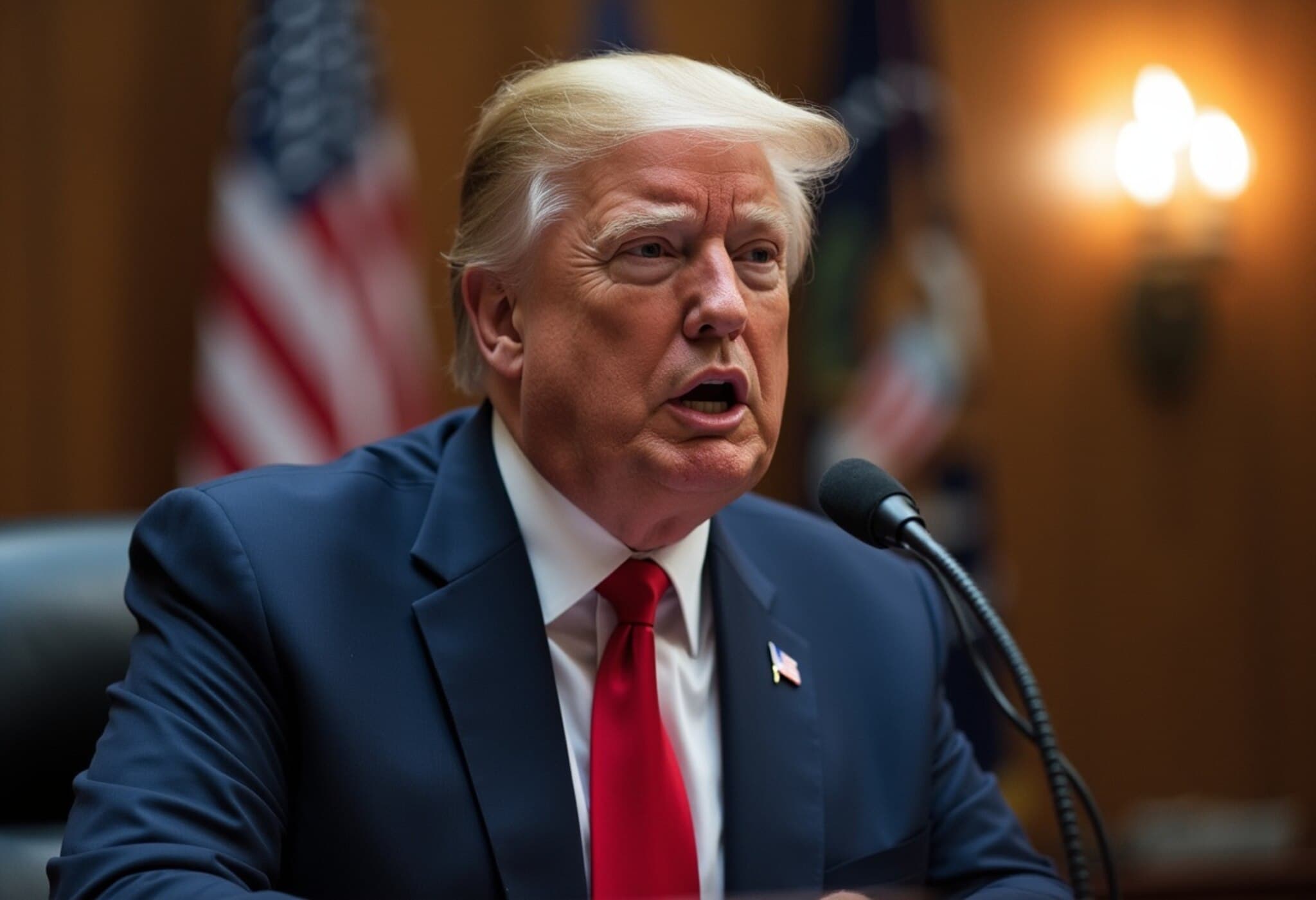Trump Stands Firm on Tariffs as Federal Court Prepares to Weigh Legality
In a spirited show of support for his controversial economic strategies, former US President Donald Trump voiced strong backing for his administration’s tariff policies just hours before a pivotal federal court hearing. The legal battle centers around the authority under which Trump imposed sweeping 10% tariffs on various foreign nations — a move that remains hotly contested.
Trump’s Message to His Legal Team
Taking to his social media platform, Truth Social, Trump rallied his legal team and supporters with an emphatic declaration: “If our Country was not able to protect itself by using tariffs against tariffs, we would be ‘dead,’ with no chance of survival or success.” This statement underscores how integral tariffs have been to his broader vision of protecting American industry in a fiercely competitive global marketplace.
The Legal Showdown: Authority Under Scrutiny
The upcoming hearing by the US Court of Appeals for the Federal Circuit addresses whether the president had the legal authority under the International Emergency Economic Powers Act (IEEPA) to impose these tariffs. The stakes are high — the tariffs impact trade relationships and economic policy frameworks established during Trump’s tenure and have wide-reaching consequences for American businesses and consumers alike.
Previously, the US Court of International Trade struck down these tariffs, ruling that the approach overstepped legal boundaries. However, the Federal Circuit has temporarily reinstated the tariffs pending the outcome of this appeal, amplifying the immediate economic implications.
Voices from the States and Small Businesses
The lawsuit is spearheaded by a coalition of 12 states along with five small businesses who argue the tariffs have strained supply chains, raised costs, and violated legal procedures. This highlights a critical, often underreported angle: the domestic economic ripple effects and the tangible challenges faced by local enterprises in adapting to abrupt trade policy shifts.
Broader Implications for US Trade Policy and Future Precedents
Experts note that the Federal Circuit’s decision could reshape the presidential powers in the arena of international trade emergency measures, influencing US trade policy's trajectory for years to come. Should the case advance to the Supreme Court, the question becomes whether a conservative-leaning bench will uphold or curtail this assertion of executive power.
Trade policy analysts caution that the outcome may also signal how the US balances national security narratives with economic diplomacy — a dynamic increasingly relevant amid global supply chain disruptions and geopolitical tensions.
Looking Ahead: What This Means for America
- Potential validation of executive authority to impose broad tariffs under emergency powers.
- Possible recalibration of US-China and other major trading partner relations.
- Direct impact on prices of consumer goods and manufacturing inputs.
- Precedent-setting on the role of judiciary in reviewing trade and economic emergency measures.
Editor’s Note
This unfolding legal contest does more than challenge a signature policy of the Trump administration; it probes fundamental questions about the balance between executive power and legal oversight in trade policy. Readers should watch closely as this case could redefine the limits of presidential power in economic emergencies, influencing American trade and industry resilience amidst an unpredictable global economic landscape.
Moreover, amid the often polarized debates around tariffs, the perspectives of small businesses and state governments reveal the nuanced domestic consequences beyond headline rhetoric, inviting a deeper conversation on how economic security translates in everyday terms.

